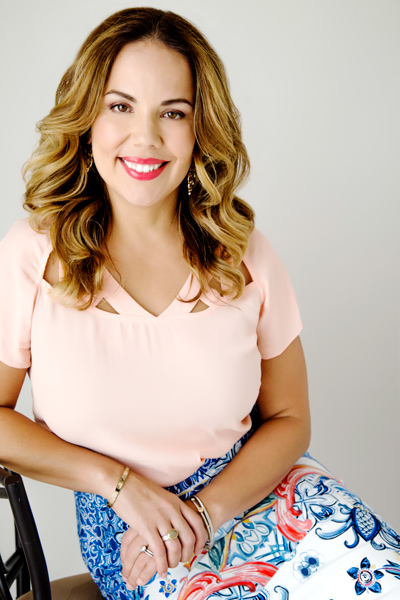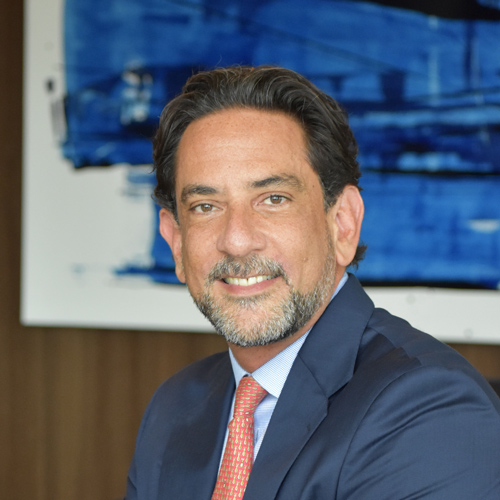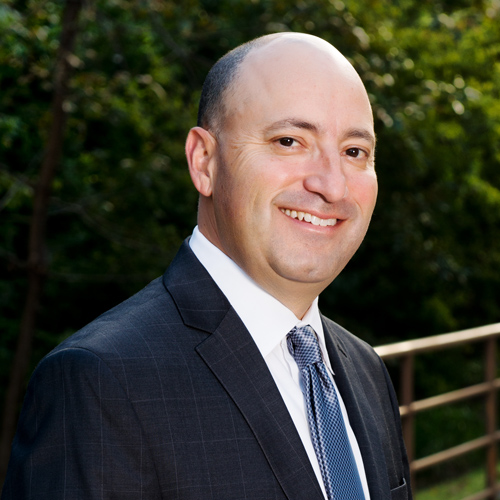
Even for a 150-year-old company like Nokia, reinvention is no small feat. The company started as a paper mill in 1865, and by the early 2000s produced the prototypical mobile phone. Over the past year, however, Nokia went from being a historic name in telecom to a business that encompasses everything from mobile to digital health and even virtual reality. Behind this evolution are complex processes of acquisition and integration, but that’s only the beginning. The work of today is about people.
How do you engage a workforce that exceeded 102,000 people across the globe in 2016, with 160 nationalities spread out over more than 100 countries? Some would say diversity is the key, but Sonia Zeledon knows better.
As regional counsel of ethics and compliance investigations for the Americas, Zeledon finds that a company focusing on the easy numbers game of diversity isn’t doing enough. At Nokia, one of her biggest priorities is inclusion.
“It’s one thing to add numbers, but companies really need to emphasize inclusion,” Zeledon explains. “I often see companies post numbers, but they’re not very meaningful because the people of diverse backgrounds aren’t getting meaningful work or being asked to sit at the table.”
While Zeledon’s work speaks to the broad spectrum of diverse talent at Nokia, the stakes are staggering even looking at Hispanic employees alone. The likes of Forbes and the US Bureau of Labor Statistics predict that the importance of Hispanics to both the workforce and the economy is only going to grow in coming decades.
According to a 2015 study by the Harvard Business Review, 63 percent of Latinos surveyed “do not feel welcomed and included, do not feel invited to share their ideas, and/or do not feel confident their ideas are heard and valued in the workplace.”
That lack of engagement, Zeledon argues, can make the most impressive employment numbers meaningless. When talented and diverse employees feel like token hires enabling the company to check a box, that company is bound to have retention issues. That’s why one of the first major internal initiatives Zeledon has worked on is a mentorship program.
“We need to put a meaning behind those diversity scorecards, to engage those people actively,” Zeledon says emphatically. “We have to go a step further now, from diversity to inclusion.”
Some might ask why inclusion is taking such a central role when Nokia has so much else to focus on in the wake of a major acquisition. Why have a regional counsel focusing on diversity when your multinational business is dealing with a major expansion from telecommunications and patents to the all-encompassing Internet of Things?
“Having that fluidity of multiculturalism, having grown up bicultural in Nicaragua, makes me a more effective lawyer and business partner. I understand risk in legal matters because I understand nuances of the region and how they play out in business.”
—Sonia Zeledon
It’s exactly because the stakes of global business are so high that mentoring diverse voices and leadership is so central to Zeledon’s work. As an immigrant from Latin America herself, Zeledon knows that a global organization needs what she calls “the fluidity of multiculturalism.”
Operating in so many countries, with so many different cultures and dynamics requires a workforce that understands the environments they work in. “The official language at Nokia may be English, but our people still need to understand cultural nuance,” Zeledon explains.
And those people need to be empowered to lead. Nokia is a company with the value of connecting people in its DNA, one that today aims to transform the human experience with technology. It prides itself on having a diverse workforce who are asked to be decision-makers. When the diverse talent within the company is engaged to its potential, the individuals representing that mission succeed in making in those same human connections. Zeledon reflects on how this is true in her own career:
“Having that fluidity of multiculturalism, having grown up bicultural in Nicaragua, makes me a more effective lawyer and business partner. I understand risk in legal matters because I understand nuances of the region and how they play out in business.”
In the abstract, that might sound like added value in an employee’s skills, something nice to have but not strictly necessary for success. But taking into account the scope of Zeledon’s role, the stakes associated with understanding regional and cultural nuance increase exponentially. As regional counsel of ethics and compliance investigations for the Americas, Zeledon oversees high-risk investigations, compliance, financial fraud, and more from Argentina to Canada.
A region so diverse is always going to require insight and leadership that is just as diverse. In a global economy, Zeledon finds, having a bicultural background plays a role in her work on a daily basis. Having grown up in Latin America, she understands the pushback against multinational corporations operating within the region.
And, having spent most of her adult life since college in the United States, she can understand the position of the corporation. It’s key, she insists, to understand the dynamics of those relationships, the positives and negatives on both sides, in order to make business solutions that work for both sides.
Zeledon states it even more directly than that: “We need people who understand how to live and act and do business in these geographies.”
But cultivating that leadership, Zeledon also points out, requires a comprehensive pipeline of diverse talent, from the classroom to the boardroom.
Back in college, she found the all-too-common American minority experience waiting for her: having to outperform your peers and still find yourself treated as a token, a check within a box. Even with parents who held advanced degrees, she felt the experience of a minority in the professional world. Since then, diversity and inclusion have been among her core values. Today, she works with the Miami Wellesley Club to promote diversity of high school applicants to her alma mater.
From there, she follows the pipeline of minority leadership to advocate as a regional deputy of the Hispanic National Bar Association, sitting on committees that promote diversity in the legal community. In addition, Zeledon serves on committees for the advancement of women and minorities on for-profit corporate boards.
“When you have diversity up top it tends to trickle down a bit further,” she explains. “My presence as a woman of color brings more women of color. It’s where inclusion comes in. Trying to get away from the stigma of filling a number.
I’m thrilled that Sonia is receiving well-deserved recognition. Sonia is a talented and diligent lawyer who brings a balanced and global perspective to her work on behalf of Nokia. It’s my pleasure to work with Sonia and to be a small part of her success story. – John W.F. Chesley, Gibson Dunn.

